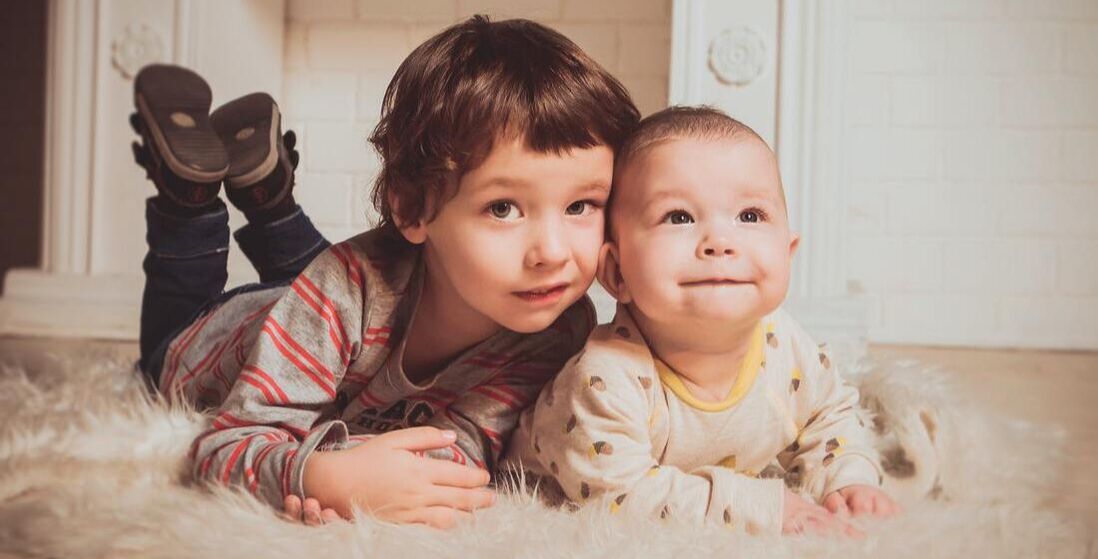|
Language development is a dynamic process and maintaining a language a life-long expedition. Only some children born into multilingual homes grow up speaking two or more languages. There are families who manage to transmit multiple languages to their children, but others do not, resulting in the children having a passive or limited knowledge of the minority language/s. Children tend to learn the majority language in the country but may struggle with the transmission of the minority language that is not widely spoken in the community. Each family's circumstances are different, and some may, despite their best efforts, not establish or maintain a heritage language. A family living in Finland, whose languages are Finnish, English and Swedish, is much more likely to succeed in gifting these languages to the child than a family where the child hears a language just from one person in everyday life. Factors affecting children's language acquisition and learningIn addition to the language combination of a potentially multilingual child, there are a variety of psychological, social, and educational factors that interact in complex ways and determine the linguistic level a child can achieve. Every child’s language learning journey is unique, even siblings within the same family often end up with differing skills. A good starting point would be to think through some questions which may indicate the degree of language skills your child could possibly achieve. Which languages are necessary for the child? At what age do they acquire a minority language? How, where, and how often is the child exposed to the language? Who are going to speak the language regularly with the child? A growing child’s attitude towards languages also plays a key role because it impacts their motivation. It can be challenging to learn anything if you don’t have the motivation! The parents, siblings, extended family, teachers, and peers influence the children’s language attitudes. Also school, communities, political and sociocultural changes, familiarity with the languages, status of the languages, country of birth, the number of years spent in the country, and second language support have a major impact on building a positive attitude. Setting up your family language policySo, families' individual circumstances, the societal characteristics and language methods or strategies used by parents affect the level of languages a child can achieve. It is important for us as parents to be kind to ourselves and encourage positive interaction with the child in a minority language. We know ourselves that it is nearly impossible to become ambilingual, or completely master two or more languages. Our level of language skills fluctuates over time. A positive attitude towards a minority language from both parents and the child’s motivation to learn the language support minority language development and maintenance. Many parents have a specific family language policy in place. The family language policy may detail methods that encourage a child to practice their main languages daily. This has been proven to improve the chances of successful language transmission. Which language strategies are you going to use to help your child develop their first languages? Kaisa Pankakoski Kaisa Pankakoski’s PhD research looks at language ideologies and experiences of multilingual families in Finland and Wales. The research was awarded the city of Helsinki research grant and Svenska litteratursällskapet i Finland funding. More information READ MORE
0 Comments
Leave a Reply. |
kirjastoKirjasto-sivuilta löydät artikkeleita, juttuja, vinkkejä ja oppaita sekä tutkimustietoa kahden kulttuurin perheitä lähellä olevista aiheista
kategoriat
All
|
|
|
© Familia 2024


 RSS Feed
RSS Feed

